Concerned over the state of political discourse, scholars who teach public speaking and composition met at APPC to consider how to restore respect for rhetorical norms.
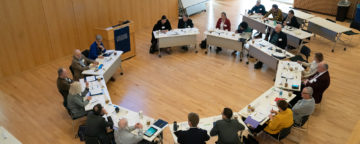

Concerned over the state of political discourse, scholars who teach public speaking and composition met at APPC to consider how to restore respect for rhetorical norms.
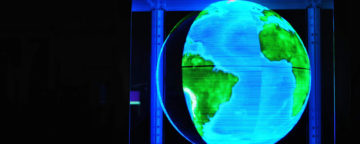
Freedom of speech must be protected even as governments and industries seek to reduce hate speech and disinformation, the Transatlantic High-Level Working Group on Content Moderation and Freedom of Expression (TWG) said following the group’s initial meeting.
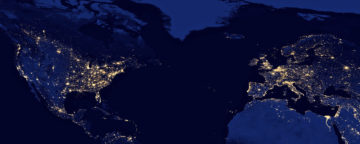
The new Transatlantic Working Group aims to address harmful content online -- hate speech, violent extremism, and viral deception -- while protecting freedom of speech and preserving a vibrant global internet.
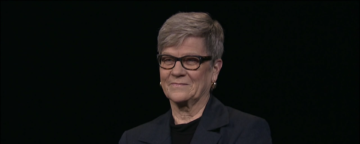
Annenberg Public Policy Center director Kathleen Hall Jamieson appeared on PBS show 'The Open Mind' to discuss hacking, internet trolls and the 2016 election.
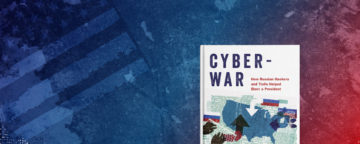
Kathleen Hall Jamieson’s book “Cyberwar: How Russian Hackers and Trolls Helped Elect a President,” published by Oxford University Press, won the R.R. Hawkins Award from the Association of American Publishers.
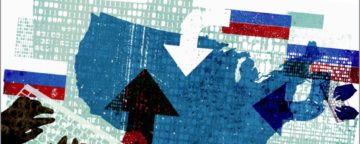
Kathleen Hall Jamieson's book "Cyberwar" published by Oxford University Press, won a 2019 PROSE Award from the Association of American Publishers.
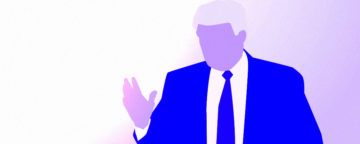
For the fourth consecutive year, Donald Trump is the undisputed champ in FactCheck.org's annual list of "whoppers." Here are 10 of them, plus some of the year's worst viral deceptions.
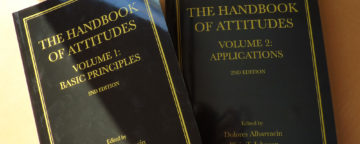
The updated "The Handbook of Attitudes" covers theory and research on how we evaluate people, places, things and ideas. Many chapters were presented at an APPC conference.
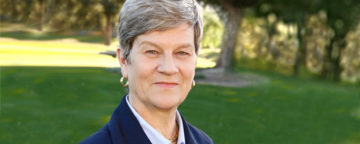
Kathleen Hall Jamieson spoke to the BBC about why she dislikes the term "fake news" and prefers to call it "viral deception," or V.D.
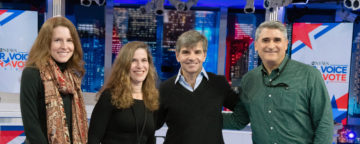
On election night, APPC's managing director of survey research Ken Winneg and distinguished research fellow Talia Jomini Stroud were among those calling the House races for ABC News.